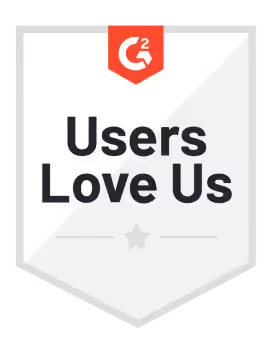Home
Contact
Contact Us
Tame %%your%% stack.
If you want to learn more about data observability and what Sifflet can do for you, drop us a message below and we'll get back to you as soon as possible.



















Still have a question in mind ?
Contact Us
Frequently asked questions
How does Sifflet support data quality monitoring for large organizations?
Sifflet is built to scale. It supports automated data quality monitoring across hundreds of assets, as seen with Carrefour Links monitoring over 800 data assets in 8+ countries. With dynamic thresholding, schema change detection, and real-time metrics, Sifflet ensures SLA compliance and consistent data reliability across complex ecosystems.
What role does metadata play in a data observability platform?
Metadata provides context about your data, such as who created it, when it was modified, and how it's classified. In a data observability platform, strong metadata management enhances data discovery, supports compliance monitoring, and ensures consistent, high-quality data across systems.
How does Sifflet support data quality monitoring?
Sifflet makes data quality monitoring seamless with its auto-coverage feature. It automatically suggests fields to monitor and applies rules for freshness, uniqueness, and null values. This proactive monitoring helps maintain SLA compliance and keeps your data assets trustworthy and safe to use.
What does Full Data Stack Observability mean?
Full Data Stack Observability means having complete visibility into every layer of your data pipeline, from ingestion to business intelligence tools. At Sifflet, our observability platform collects signals across your entire stack, enabling anomaly detection, data lineage tracking, and real-time metrics collection. This approach helps teams ensure data reliability and reduce time spent firefighting issues.
What role does data observability play in modern data governance?
AI enhances data observability with advanced anomaly detection, predictive analytics, and automated root cause analysis. This helps teams identify and resolve issues faster while reducing manual effort. Have a look at how Sifflet is leveraging AI for better data observability here
How can organizations choose the right observability tools for their data stack?
Choosing the right observability tools depends on your data maturity and stack complexity. Look for platforms that offer comprehensive data quality monitoring, support for both batch and streaming data, and features like data lineage tracking and alert correlation. Platforms like Sifflet provide end-to-end visibility, making it easier to maintain SLA compliance and reduce incident response times.
Why are containers such a big deal in modern data infrastructure?
Containers have become essential in modern data infrastructure because they offer portability, faster deployments, and easier scalability. They simplify the way we manage distributed systems and are a key component in cloud data observability by enabling consistent environments across development, testing, and production.
Is this integration helpful for teams focused on data reliability and governance?
Yes, definitely! The Sifflet and Firebolt integration supports strong data governance and boosts data reliability by enabling data profiling, schema monitoring, and automated validation rules. This ensures your data remains trustworthy and compliant.







-p-500.png)
